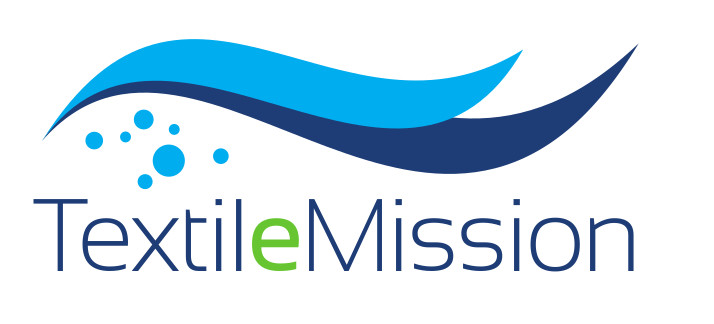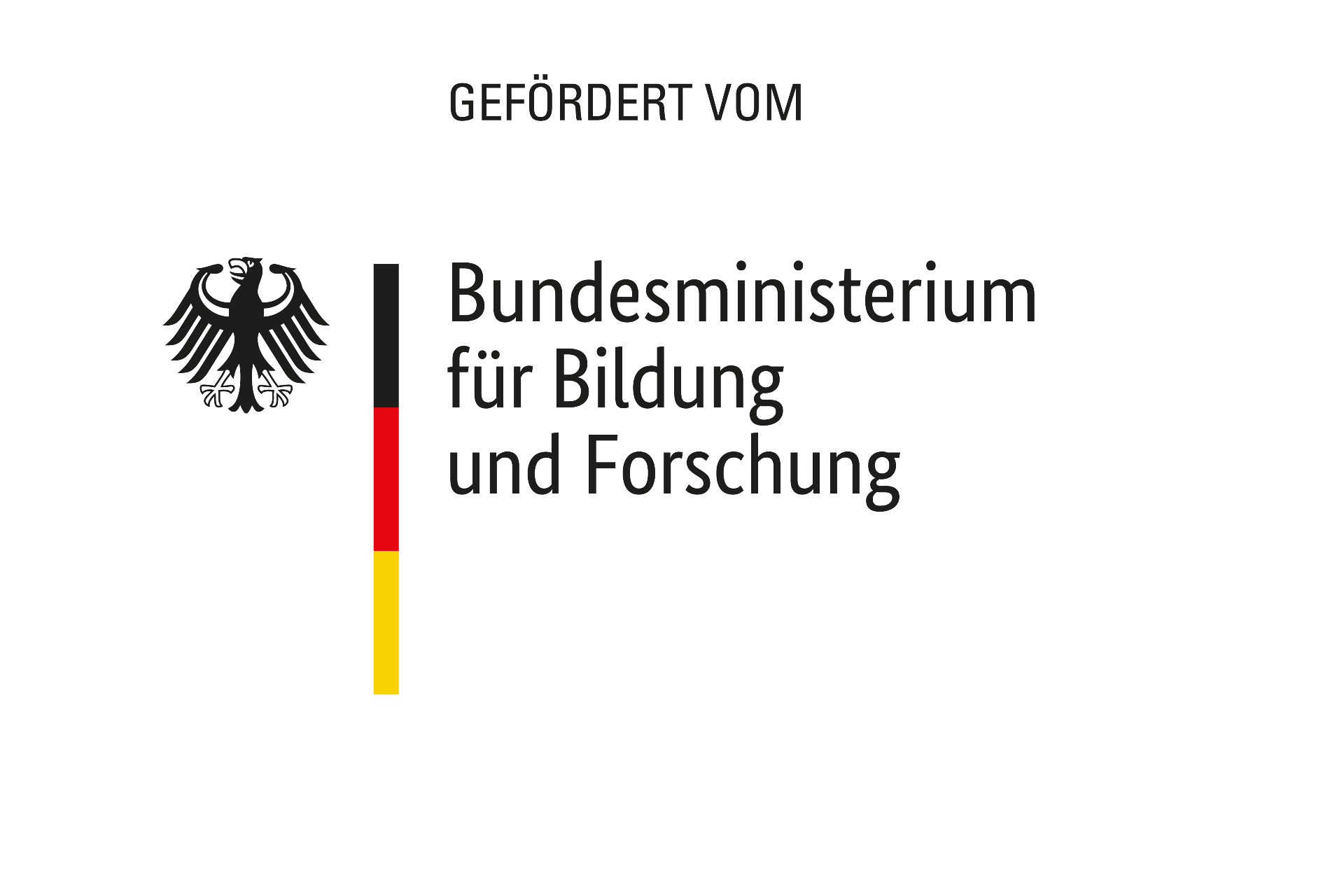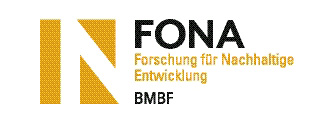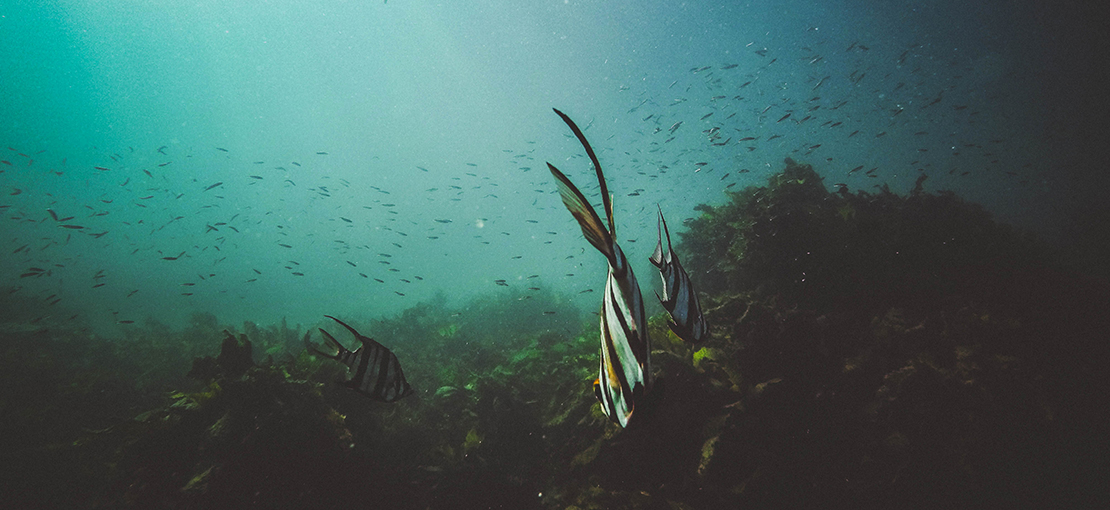
Microplastics in the oceans
More plastic than fish
Experts estimate that up to 12 million tons of plastic garbage is landing in our oceans every year. And even though our "western" industrialized world is clearly producing too much plastic, at least most European and American industrialized countries have reasonably functional waste disposal systems.
In Asia, on the other hand, infrastructure for collecting plastic and recycling it appropriately – if only as fuel for the production of electricity or heat – is often fully lacking.
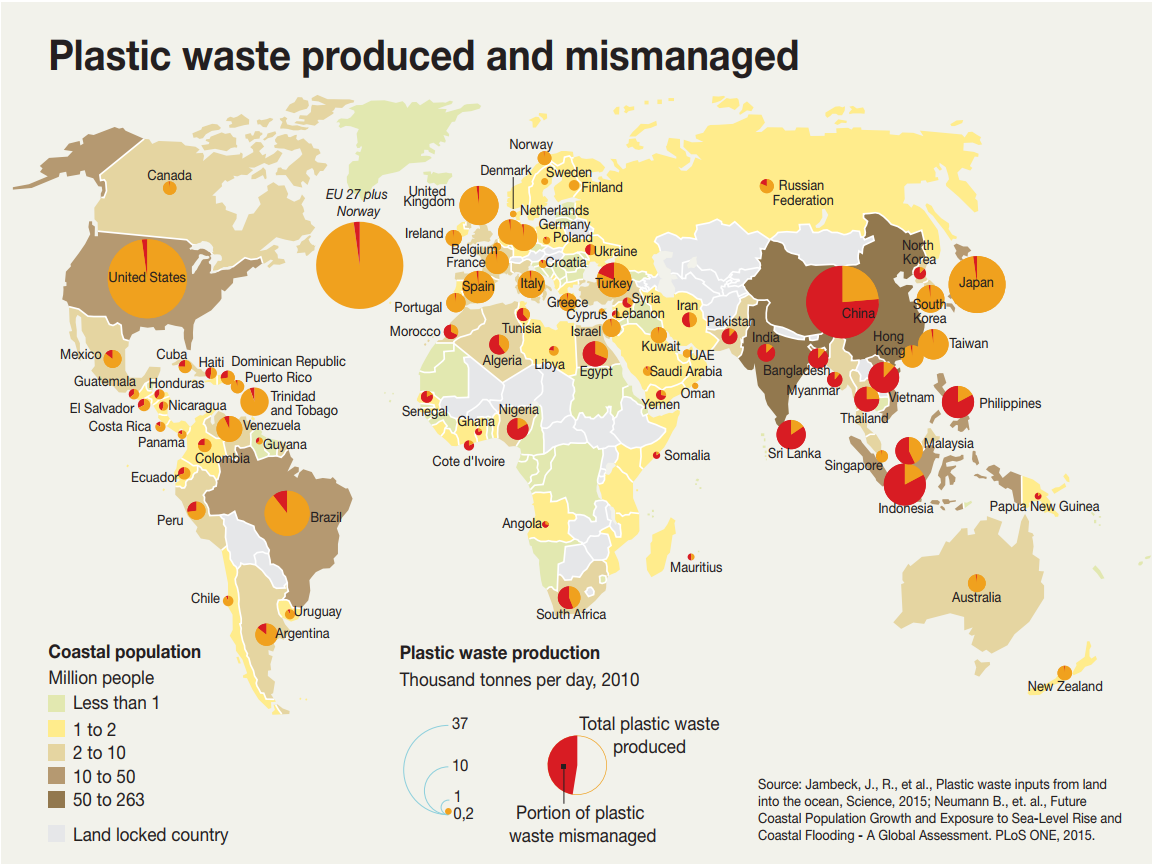
Source: http://www.grida.no/resources/6931 (englisch)
Because our main production countries are in Asia, we are also responsible and have to do our part to help solve the problem. We are working to raise awareness among our suppliers for the issue and we want to support our partner, the WWF Germany in building a network of waste management systems in the Mekong Delta.
Microplastics - miniature particles do maximum harm to the environment
In addition to the larger pieces of plastic waste entering the waterways where they decompose very slowly, we as an outdoor brand have a particular problem: tiny fiber particles that are shed from our products are too small for normal filtering in sewage treatment plants and are entering the oceans as microplastics.
Because our products are usually made of synthetic fibers such as polyamide or polyester, we are unintentionally contributing to pollution in the oceans as well.
What makes microplastics so tragic is that not only are they extremely durable and take hundreds of years to decompose, they also don’t generally float at the top of the ocean but rather somewhere between the surface and the sea floor. Marine animals mistake them for food and end up starving with their stomachs full of plastic. As a part of the food chain, these plastics accumulate in larger animals and also end up in the food we eat.
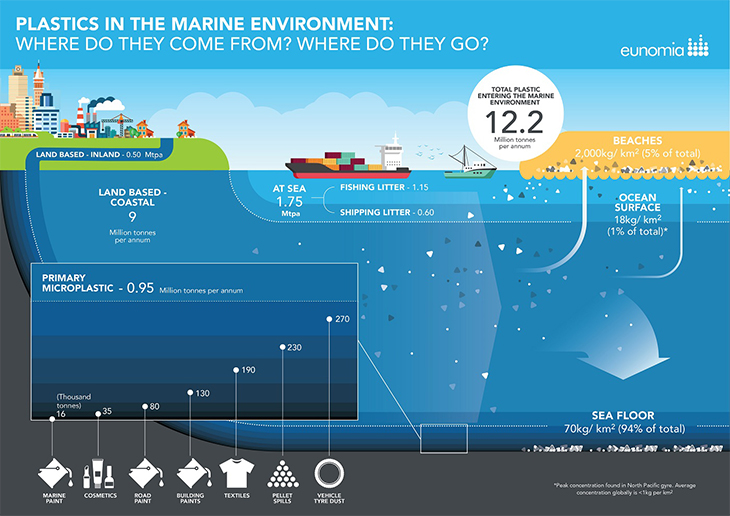
Source: http://www.eunomia.co.uk/reports-tools/plastics-in-the-marine-environment/
Worldwide production of synthetic fibers is growing rapidly
As a manufacturer of outdoor products, we also use the many advantages and functional properties of synthetic fibers such as polyester and polyamide. Globally, the production of synthetic fibers is rising significantly. This means that more plastic in the form of textile fibers is entering our environment every year.
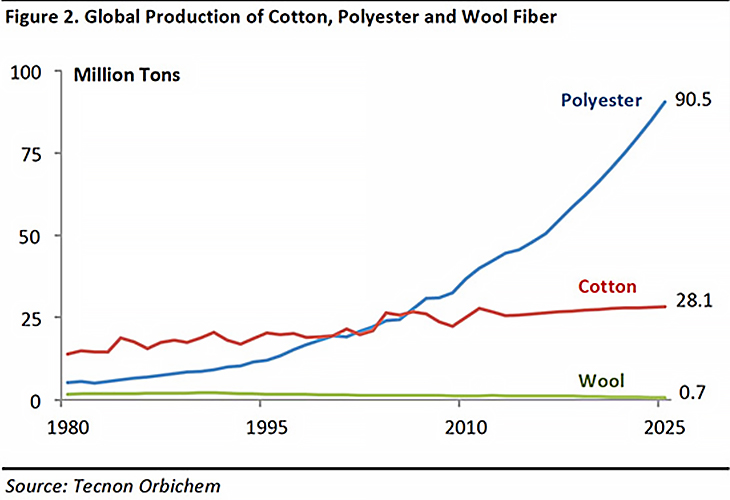
Tackling the problem at its roots
Of course, we are concerned that our products are polluting the environment with microparticles. We want to tackle the problem at its roots: in the materials that we use. Either these materials shouldn’t shed any microfibers at all or what they do shed should be biodegradable... without any loss to functionality of course. We have already found some promising initial approaches that we are testing.
We have initiated a major research project to make joint progress in this area: The consortium project "TextileMission", in which VAUDE is actively involved, was launched on September 1, 2017. The aim of the research project is to reduce the environmental impact of microplastics that textiles made of synthetic fibers shed during household washing.
"TextileMission" will run for a period of three years and is funded by the Federal Ministry of Education and Research (BMBF) under the funding priority "Plastics in the Environment – Sources, Reduction, Possible Solutions" with a budget of 1.7 million euros.
In addition to VAUDE, the following organizations from the sporting goods industry, the washing machine and detergent sectors, research and environmental protection will contribute their respective expertise to the project as project partners:
- adidas AG
- Bundesverband der Deutschen Sportartikel-Industrie e.V. (National Association of the German Sporting Goods Industry, BSI) as the project coordinator
- Henkel AG & Co. KG
- Hochschule Niederrhein - Faculty of Textile and Clothing Technology
- Miele & Cie. KG
- Polartec LLC
- TU Dresden
- WWF Germany
In Focus: Textile production and sewage treatment technology
TextileMission is pursuing an interdisciplinary research approach that focuses primarily on two solutions.
The first is that textile technology research and the optimization of production processes are being used to develop textiles that shed significantly less microfibers than previously. We are working together with textile researchers from the Niederrhein University and our cooperation partners Adidas and Polartec on environmentally friendly alternatives.
Secondly, TU Dresden is working on optimizing wastewater treatment plant technology and developing a filtration system in cooperation with industrial partners Henkel and Miele. With the help of this improved technology, washing tests at the Niederrhein University of Applied Sciences can systematically collect data on the extent and range of microparticle emissions from different textiles.
Research is supported by the holistic evaluation of solution strategies from a nature conservation and environmental perspective by WWF Germany and the scientific support and public relations work of the Bundesverband der Deutschen Sportartikel-Industrie e.V. (Federal Association of the German Sporting Goods Industry).
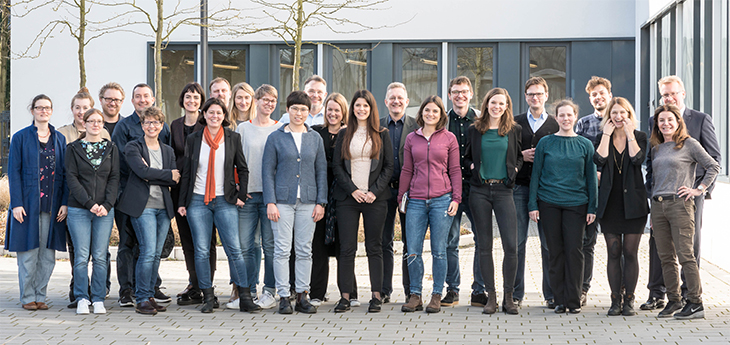
| GRI: | 103 |
| GRI: | 306-2 |
